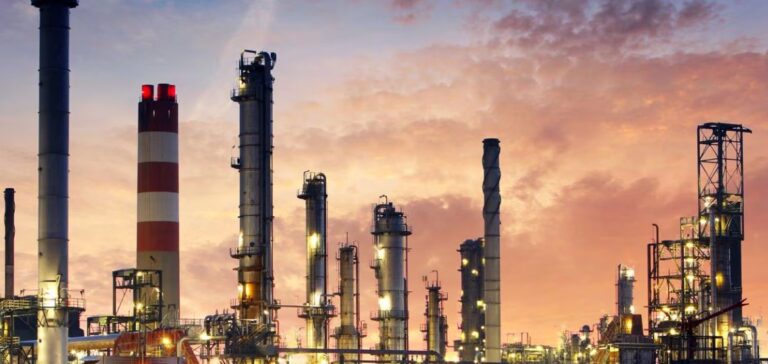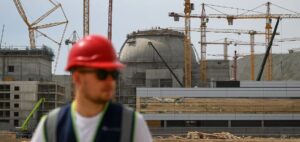Qatar’s energy minister warned on Tuesday that “the worst” was yet to come for oil and gas shortages in Europe, saying a warm winter had prevented greater difficulties in recent months.
The rich Gulf emirate, one of the world’s leading gas exporters, is seeking to seal long-term contracts with European states, most of which have long refused to do so despite their frantic search for alternatives to Russian hydrocarbons. “The only thing that saved humanity and Europe this year was a warm winter and the slowdown of the economy,” Qatar’s Energy Minister Saad Al-Kaabi said at a forum in Doha.
After Russia invaded Ukraine in February 2022, Europeans feared a gas shortage due to sanctions against Moscow and rising prices on world markets. “If the economy starts to spiral out of control in 2024 because of a normal winter, I think the worst is yet to come,” he estimated. “If they don’t realize this, if they don’t have an adequate plan, if they don’t demonize the oil and gas companies and sit down with the producers,” the Europeans will have to face a “reality (that) will take hold,” he warned.
Qatar is committed to developing the North Field, which contains the world’s largest natural gas(LNG) deposits, to increase production to 126 million tons per year by 2027. All production from North Field East and North Field South could be subject to long-term agreements by the end of the year, Kaabi said. “We may not have any more gas from the NFE and NFS by the end of the year, as far as long-term contracts are concerned,” he assured.
“No buyers.”
Qatar had announced at the end of 2022 an important agreement to supply Germany with LNG for 15 years, after difficult negotiations, as Europeans are reluctant to sign long-term agreements like the Emirate does with Asian countries. The Saudi Minister of Energy, Prince Abdelaziz bin Salmane, also said that Europe had been “saved by a gift from God” last winter, and that global energy security was threatened by “policies of flight to safety”, referring to environmental considerations opposed to hydrocarbons.
“Energy security is hindered. We lack capacity because countries are not investing in oil and gas,” added the Saudi minister, the Gulf monarchy being the world’s largest exporter of black gold. “We’re talking about blue, green, purple, pink hydrogen, but at the end of the day, who’s going to take it? What will the price be?” he quipped. “We’re not talking about oil or gas. We’re talking about the so-called cleanest, greenest fuel of the future. And yet there are no buyers,” he blasted.
The Gulf countries largely emphasize decarbonization policies but regularly stress the importance of investing more in gas and oil to meet global demand. The United Arab Emirates, which is hosting this year’s UN climate conference (COP 28), is also calling for the promotion of policies to capture CO2 emitted by the hydrocarbon industry instead of relying on green energy.





















